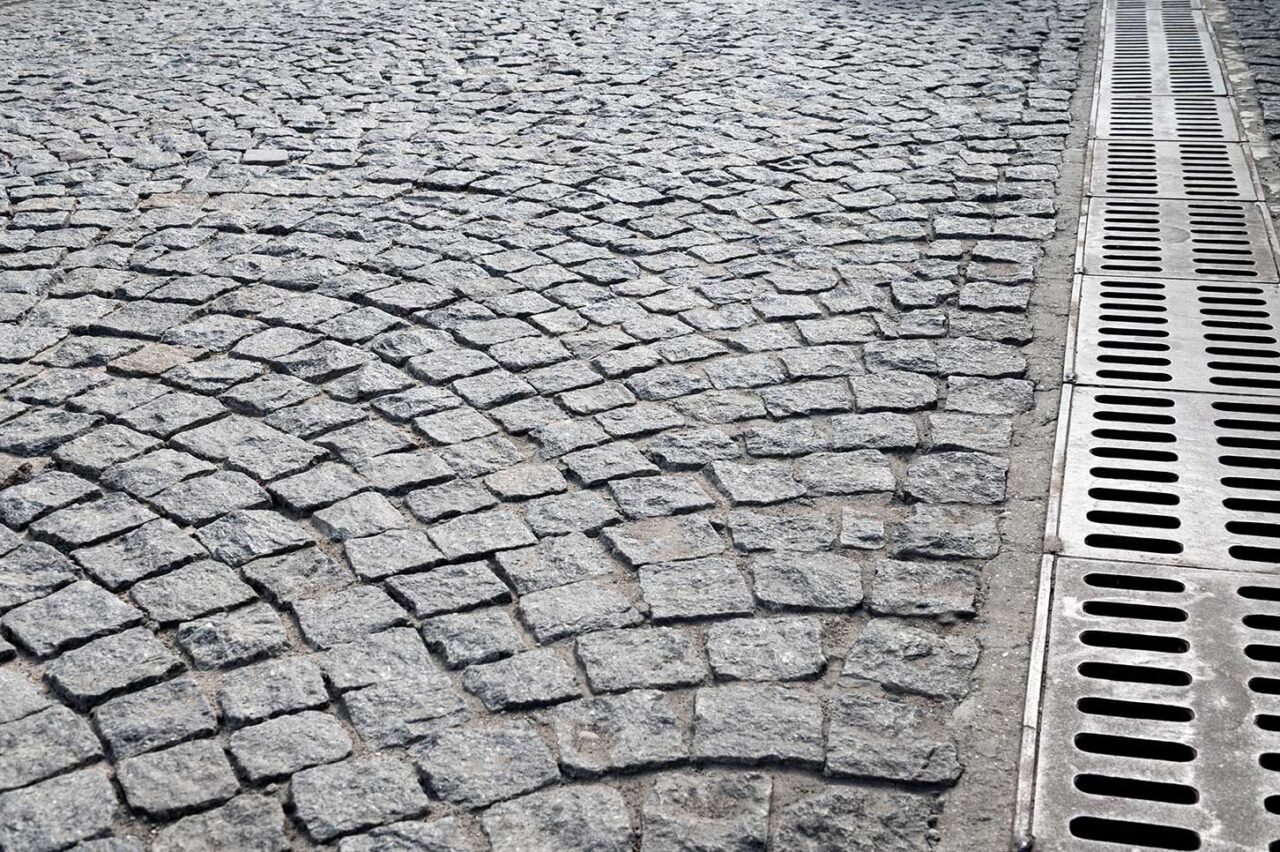Selecting the right surface for your outdoor spaces, pathways, or driveway pavers can be challenging. While considerations like colors, style, and aesthetics hold significance, ensuring the chosen material will endure over time is crucial. Driveway pavers present numerous customizable choices and the possibility of enhancing your property’s value, but a lingering query arises: what is the lifespan of pavers?
The positive aspect is that pavers are renowned for their robustness and longevity. Crafted from clay, concrete, natural stone, or even porcelain materials, pavers can endure for 20-25 years without significant repairs when maintained appropriately. Concrete pavers can last more than 50 years with diligent care and sealing.
What factors can reduce the longevity of your pavers?
Although pavers are known for their durability, several factors can lead to the failure or cracking of pavers.
- Inadequate installation – Properly installing pavers involves considering factors like the depth and type of base, referred to as substrate, and ensuring proper substrate compaction. Additionally, using the appropriate paver type for the project is essential. Incorrect installation can result in pavers shifting, settling unevenly, or experiencing excessive wear and tear.
- Improper paver cleaning – Many individuals might assume that a rapid power wash is an effective method to clean pavers. Nevertheless, power washing can erode the sand that binds the pavers, resulting in an unstable foundation. Similarly, incorrect paver cleaning can cause deterioration of the paver’s upper layer.
- Impact of stagnant water – Properly installed pavers can aid in diverting water to different sections, or you can opt for water-permeable pavers to facilitate drainage. Resisting in a flood-prone region or encountering improper paver installation can lead to standing water weakening the pavers, resulting in cracks and chips.
Is investing in pavers a worthwhile decision?
While certain elements can lead to decreased paver lifespans, properly installed and well-maintained concrete pavers, overseen by certified professionals, have the potential to endure for decades, surpassing the longevity of many poured concrete surfaces. Beyond their extended lifespan, these pavers offer simpler, more budget-friendly repair solutions.
Breaking and removing solid concrete slabs is often necessary to address minor problems, while you can often mend pavers by replacing a small section. The interlocking arrangement of driveway pavers additionally permits them to flex and contract gradually, mitigating the prevalence of cracks and stress fractures commonly seen in poured concrete.
Although the initial expense of concrete driveway pavers might be greater, their endurance, visual appeal, and overall value position them as a favorable choice compared to alternative outdoor surface options. Pavers offer boundless opportunities for customizing your home’s outdoor aesthetics while providing a sturdy surface that will endure for years.
Paver time can assist in prolonging the lifespan of your pavers.
At Paver time, we possess comprehensive expertise in pavers. Being certified ICPI experts, we consistently seek to stay updated on the latest techniques and insights in the paver industry. With decades of experience and a deep understanding of the Houston landscape, we expertly create paver patios and driveways that combine aesthetics, resilience, and adaptability.
FAQS
How often do pavers need to be replaced?
The lifespan of pavers varies based on factors like material, installation quality, and maintenance. Generally, well-maintained pavers can last 20-25 years or more, with concrete pavers potentially lasting over 50 years. Regular care, including cleaning and sealing, can significantly extend their longevity.
What are the disadvantages of pavers?
While pavers offer durability and aesthetic appeal, there are some downsides. Pavers can shift over time, leading to uneven surfaces that require occasional re-leveling. Weeds can also grow between paver joints, demanding maintenance. Additionally, installation costs can be higher than other materials like concrete or asphalt. Proper installation and ongoing care are essential to mitigate these disadvantages and maximize pavers’ benefits.
Do pavers last longer than concrete?
Pavers and concrete each have their advantages. Concrete is recognized for its robustness, yet it can experience cracking due to elements such as freeze-thaw cycles over time. Conversely, adequately installed and properly maintained pavers have the potential to endure. Concrete pavers have the potential to outlast traditional poured concrete surfaces, making them a favorable option for those seeking longevity and visual appeal—multiple decades.
Why pavers are better than concrete?
Pavers offer distinct advantages, including their ability to flex with soil movement, reducing the risk of cracking. They come in various styles, providing customization options for aesthetics. Pavers are also easier to repair, as individual units can be replaced without affecting the entire surface. Additionally, their interlocking design enhances stability and prevents settling. These features make pavers a versatile and durable choice for outdoor surfaces compared to traditional concrete.
How much weight can pavers hold?
Pavers have varying load-bearing capacities depending on their thickness, material, and installation. Generally, most pavers can handle typical loads like pedestrian traffic and vehicles. However, consult experts for heavier applications like commercial driveways or heavy machinery to ensure proper paver selection and installation that meet specific weight requirements.


